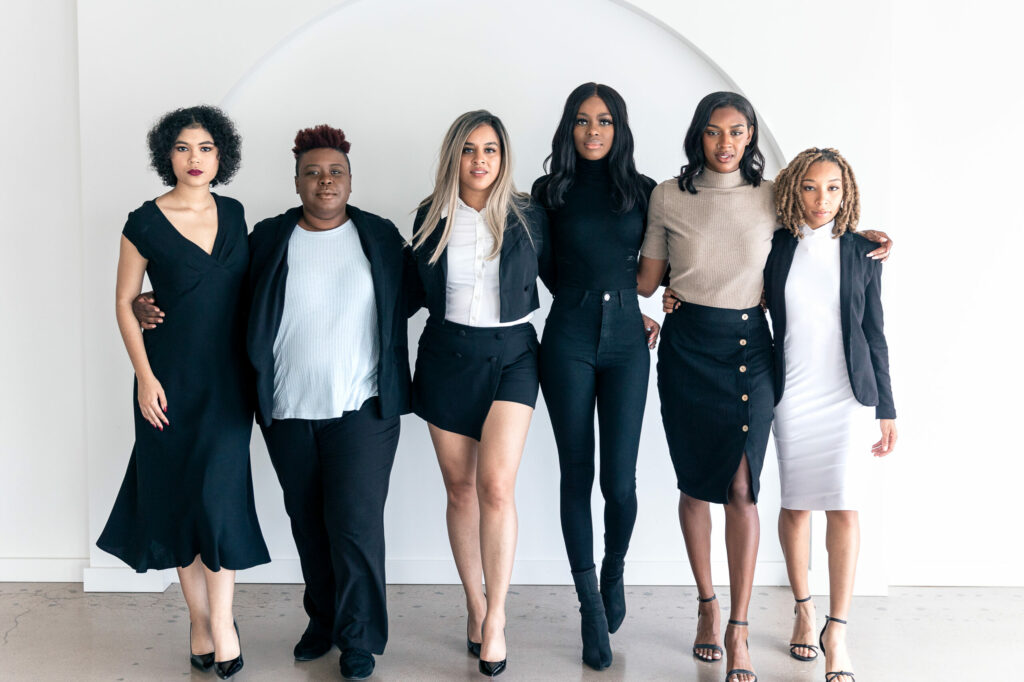
The 4th of July recognizes a pivotal moment in American history. The passage of the Declaration of Independence in 1776 solidified political separation between North America and Great Britain and proclaimed “all men are created equal.” However, we know the lived reality for people of color has been strife with institutional inequality and perpetual social injustice. Hence, in today’s blog, we’re offering some 4th of July party ideas appropriate for uplifting people of color.
The lived experiences of Black and brown people in America entangles the traditional meaning of Independence Day and thus, how we should acknowledge it and the perspective it represents. This convoluted narrative is marked by centuries of enslavement, land-grabbing, labor exploitation, institutional racism and a plethora of other structural inequities too long to list. These truths inevitably conflict with the celebratory nature of July 4th. However, centering the perspectives of marginalized communities in this country alongside the naked intentions of the Declaration of Independence is essential when planning or engaging in celebratory festivities.
In full transparency, America’s current reality is mixed people are the new majority. This means that despite its predominantly white skeleton, other cultures are colliding and slowly but surely taking over. For the longest time, hyphenated Americans have been conditioned to hide their backgrounds in order to blend in to U.S. traditions, say for instance celebrating a holiday like 4th of July, which centers a certain isolated narrative while disregarding their own. In order to make space for a new, interwoven narrative to take its place, we must understand and reclaim the purpose of these patriotic events that exist to unify our nation.
Think: a themed-party that includes food, music, attire, and any other cultural traditions. With this in mind, we do not promote cultural appropriation, so make sure your event represents a culture you actually belong to, and/or provides an educational opportunity for those who are not a part of that particular community. Invite others of the same cultural background to participate in hosting.
By organizing a community-wide event that showcases how other cultures celebrate their own histories, you both gain and spread the awareness we are so lacking in this country.
In contrast to hosting your own event, consider attending someone else’s. Come as a novice, ready to learn and soak up knowledge you didn’t previously have, or otherwise wouldn’t have had access to.
Long story short: put your money where your mouth is.
Instead of driving these initiatives, one easy way to show allyship across cultural communities is to donate to or endorse organizations already doing meaningful work. Ladykind is a minority-owned, women’s wellness brand built on a foundational commitment to provide education and transparency about CBD and other powerful natural ingredients used in ancient medicine practices to elevate social discourse about common women’s health ailments. To demonstrate, Ladykind products only contain the purest, most potent sustainably-sourced ingredients and raw materials for both primary and secondary packaging. What’s more, all products undergo rigorous testing by third party agencies to ensure safety, efficacy, and compliance with current FDA regulations. All broad-spectrum CBD used in Ladykind formulations can be traced back to the hemp farm where it originated using the QR code on the box carton of each item.
The best way to learn about someone else’s culture is from them directly. What better way to create a new narrative than to solicit direct contributions to it? Celebrate this 4th of July by supporting Ladykind, a minority-owned business committed to education, customer transparency, and elevated women’s health. In celebration of all the amazing women of color in your life, take an extra 15% at ladykind.com with discount code WELCOME15.
Regardless of what race or ethnicity you are, it’s necessary to acknowledge 4th of July holds different meanings for different communities- especially those on the margins of society. As we expand our understanding of each layer of American history that accounts for people from all different backgrounds, we reclaim the country’s narrative to represent the new majority (people of color), and celebrate with purpose as opposed to unintentional harm.